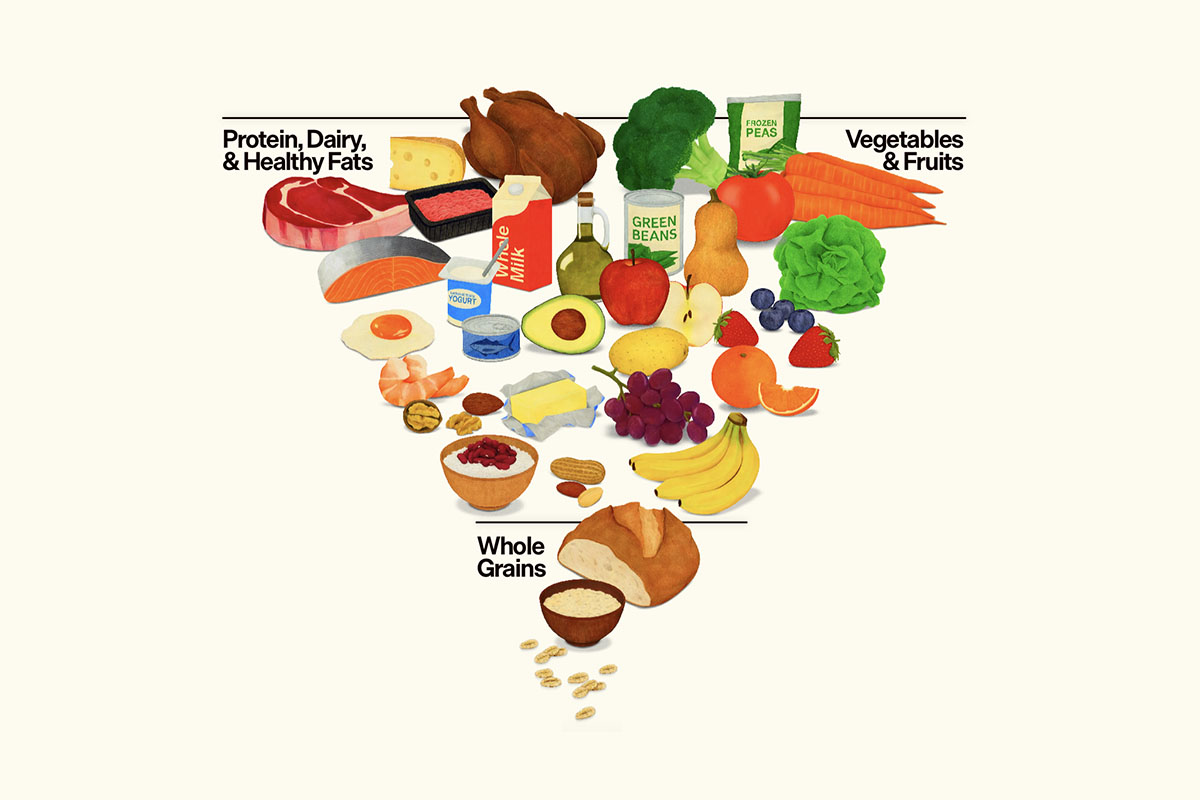Without a doubt, nutrition is one of the primary environmental exposures that determines health. Many of our chronic diseases, including heart disease, diabetes and cancer are initiated and/or accelerated by food exposures. These conditions are complex in their development and have an arguably significant genetic component.
We know that individuals respond differently to foods and even individual nutrients. What nutritional genomics focuses on is deciphering the biological mechanisms that underlie genome-nutrient interactions, individual food/nutrient tolerances and incompatibilities that influence health. But as we’re finding out, our genes are not the be all and end all of our health.
As we say in Integrative and Functional Medicine, food is information. That information has the ability to turn genes on or off. But medical conditions also impact the upregulation and downregulation of the expression of genetic SNPs (Single Nucleotide Polymorphisms, also known as mutations). For example, hypothyroidism can cause the downregulation of the methylenetetrahydrofolate reductase enzyme (MTHFR), even in the absence of that particular SNP. Couple that with a low B vitamin status, specifically riboflavin (vitamin B2), then the MTHFR enzyme will function even more slowly—even in those without the MTHFR mutation.
Moreover, like a tennis match, thyroid status can affect the expression of genetic mutations, and in turn the MTHFR SNP can cause thyroid issues due to biochemical reactions that result in decreases in the production of thyroid hormones.
To complicate matters, some individuals can’t tolerate the methylated B vitamins commonly prescribed for those with this genetic defect without experiencing side effects like anxiety, irritability, insomnia, migraine, and muscle and joint pain, which are at least partly related to other SNPs that alter these pathways. Singling out a particular genetic SNP and treating it without considering the impact of other SNPs and biochemical pathways is like tending to only one species of plant life in an ecosystem and disregarding the rest. Things can go awry.
While great advances have been made in nutritional genomics, there are still limitations we must consider as practitioners in its application. As such, nutrition prescriptions should be unique to individual biochemistries, conditions and presentations—not just genetic profile. Used appropriately, nutritional genomics has the potential to inform us in creating positive health outcomes.
To your health!
As you may know, I’ve been doing a weekly “Q&A with Leyla” podcast feature with Dr. Hoffman. Now you can get my perspective and expertise every Friday on my own episode of the Intelligent Medicine Podcast. If you missed last week’s, you can listen here. To be sure you don’t miss out on any of my important insights and information, subscribe today!









